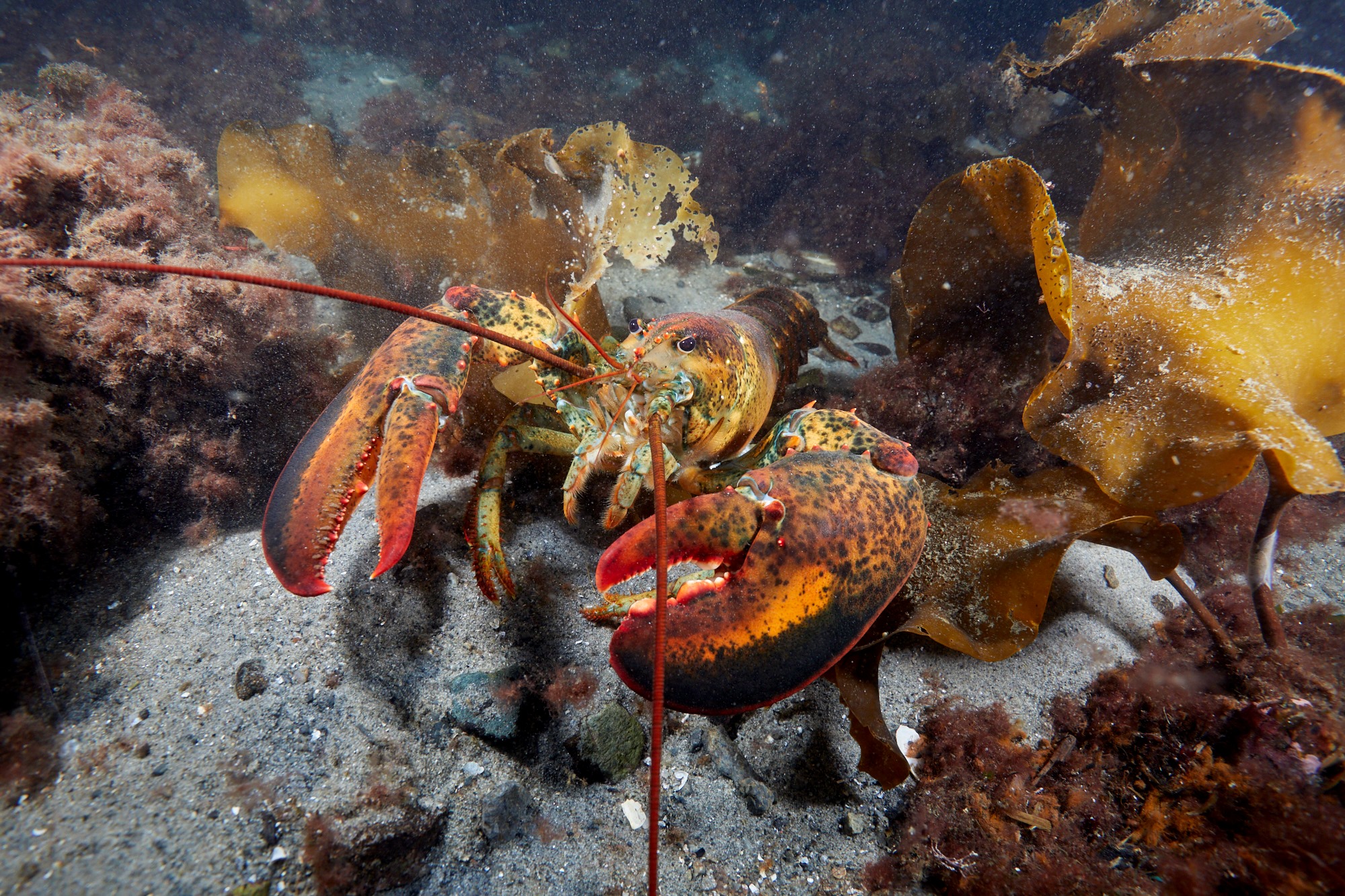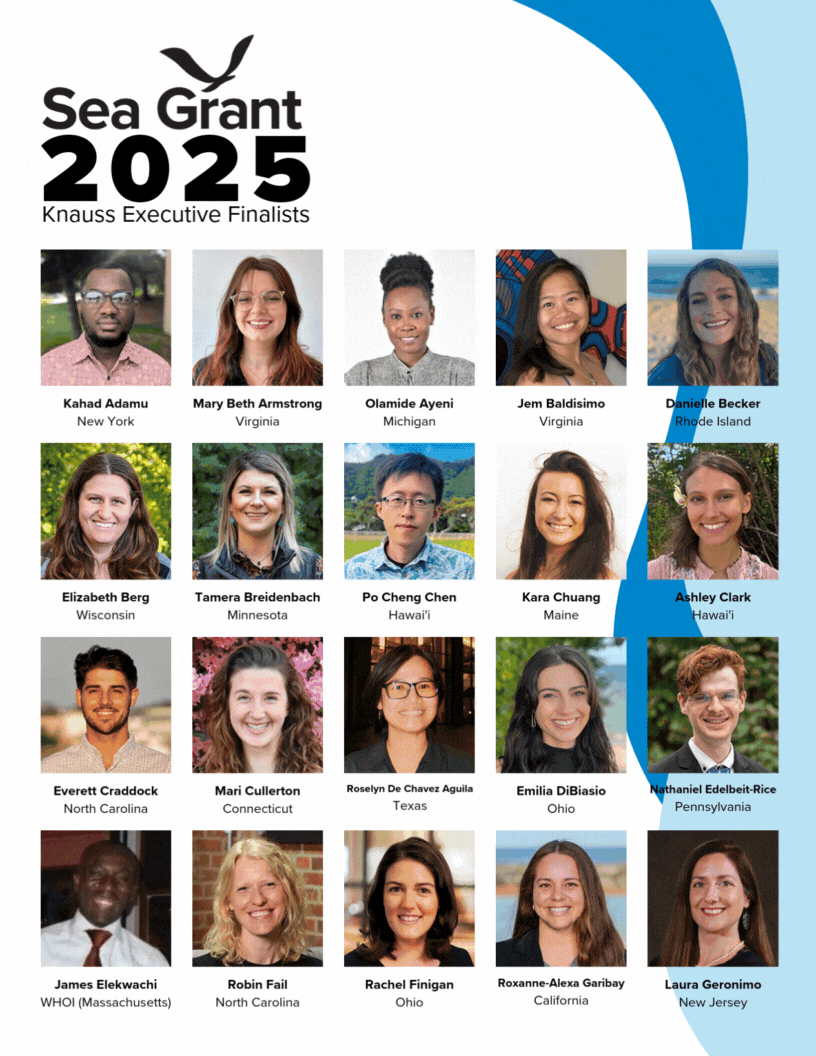New Jersey Sea Grant Consortium works with boaters and marinas to implement best management practices.
By Rebecca Nagy, New Jersey Sea Grant Consortium
Boating is a summertime staple for many New Jerseyans. Just take a glance out onto any body of water and you are likely to see a sampling of the vessels that call New Jersey home. However, as with many human activities, recreational boating can impact water quality. This not only affects boat owners, but other humans, plants, and animals alike that utilize waterways for their livelihood or recreation.
“There were 151,672 registered vessels in 2015,” notes Michael Danko, New Jersey Sea Grant Consortium’s Assistant Director of Extension and Marine Recreation Agent: Fisheries and Boating. “Fortunately there are many steps that boaters can take to minimize their impact on water quality.”
Danko leads the Consortium’s water quality and other related initiatives including its role in the Clean Marina program in an effort to improve coastal water quality, enhance recreational boating and help sustain marine businesses.
The New Jersey Clean Marina Program is a voluntary, incentive-based initiative that encourages marinas to adopt environment-friendly business practices to reduce pollution in local water bodies.
In partnership with the New Jersey Department of Environmental Protection’s Office of Coastal Management, Danko works with marinas to implement best management practices, carries out outreach to marina owners, yacht clubs and boatyards, coordinates educational workshops and provides technical assistance.
There are currently 48 marinas in the program in New Jersey. Marinas participating in this program implement best management practices to reduce spills that occur during fueling, capture water from hull washing, rent dustless sanders, improve recycling efforts, collect mercury containing devices, develop emergency response plans, educate boaters and install pumpout facilities.
“These best management practices enhance all aspects of the business, from the water to the office,” explains Danko.
The Consortium also coordinates several activities under the Clean Vessel Act program, or CVA. This act was passed by Congress in 1992 to help reduce pollution from vessel sewage discharges. In New Jersey this program is a cooperative effort among New Jersey Sea Grant Consortium, The New Jersey Marine Trades Association, New Jersey Division of Fish and Wildlife and the New Jersey Sport Fishing Restoration. The CVA assists in the funding of pumpout installation in participating marinas.
“Approximately half a million gallons of sewage are collected at marina and pumpout boat facilities each boating season,” Danko notes.
In order for boaters to find pumpouts, CVA project partners release an official list on New Jersey’s pumpout facilities in the widely distributed New Jersey Boater’s Pumpout Guide.
While it was estimated that more than 50 percent of the pumpout stations available to marinas were damaged beyond repair, NJSGC assisted in the assessment of the number of pumpouts damaged by Superstorm Sandy and developed a plan to guide the rebuilding process.
New Jersey Sea Grant Consortium also maintains NJBoating.org. This interactive website, funded in part by the New Jersey Clean Vessel Act, is comprehensive and easy to use. Users can utilize the mapping feature to locate boat ramps and pumpouts in the state or get information on best boating practices, fishing regulations. New Jersey Sea Grant Consortium maintains the database of pumpouts as they are reported as malfunctioning and then again after they are fixed. New Jersey Sea Grant Consortium intern Carleigh Engstrom, worked with Danko to update pumpout information on the website to verify accuracy.
Water quality is of importance to coastal residents and visitors alike. So hop aboard for water quality and embrace the life of a better boater.


